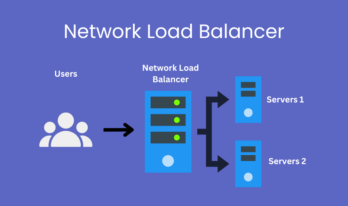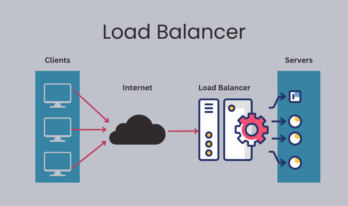What is GDPR?
The General Data Protection Regulation (GDPR) proposed by the European Commission is to strengthen and unify data protection for individuals within the European Union (EU) while addressing the export of personal data outside the EU.
This new regulation is not limited to European businesses that work with the customer data of EU citizens - it applies to any entities that operate with said businesses as well, thus making GDPR a global data protection law.
Wrap-Up: You are GDPR Checklist. Ready to apply our recommendations? Here’s your checklist to avoid GDPR Pop-Ups:
Add a consent checkbox to your popups or activate double opt-in in your email marketing solution to collect valid consent
If you’re using lead magnets, update them to comply with the new regulation Include your data processors (including WisePops, if you’re a client) in your privacy policy.
If you were not collecting GDPR-compliant consent before now, send a re-permission email
Next, get yourself GDPR-ready with these useful tips mentioned below:

- Involve all the stakeholders: IT alone cannot meet all the requirements of GDPR. Start a task force that includes marketing, sales, operations, and finance.
- Create a data protection plan: Companies mostly have an idea ready. However, the plan must be updated and reviewed to make sure that it always aligns with GDPR requirements.
- Test incident response plans: According to GDPR companies must report breaches within 72 hours. How well the response teams compensate for the damage that occurred will directly influence the business risk of fines for the violation. You can adequately report and respond within the period only.
- Do all of this to improve your business: Compliance will boost consumer confidence. More importantly, the technical and process improvements necessary to meet GDPR requirements should enable efficiencies in how organizations manage and secure data.
We’re all suffering from a rash of GDPR Pop-Ups because the system, GDPR is all new and not familiar to many of us, but this should not be permanent.
Once you select your preferences, a cookie saves them for reference in the future. However, it is not a perfect solution as you will have to repeat the consent procedure each time for each browser.
So, we have mentioned a handful of complete solutions, grab these alternatives, and have hassle-free surfing on your favorite websites without the disturbance of GDPR Pop-Ups.
Despite having two years of warning, some companies are still not ready for GDPR’s arrival. A message says: “Unfortunately, our website is currently unavailable in most European countries.
We are engaged in the issue and committed to looking at options that support our full range of digital offerings to the EU market.”
- Coping with pop-upsThe pop-ups are complicated because the GDPR wants specific consent for specific purposes, not blanket acceptance. Luckily, many sites adopt off-the-shelf consent utilities and templates rather than writing their own. Hence, you should soon get familiar with them.
- Alternative ways to access sitesNext, there are cases, where too many advertising-related trackers need to turn them off individually. There is a solution to use these sites without consent. The easiest is always to read the cache. You can generally read the cached page instead of directly going to the site. An even better way is to use your browser’s private mode or incognito mode.
- Proxy servicesThe third way to get rid of GDPR pop-ups is to pretend you are not in there in Europe. You can practice this by routing your internet access via a server in a different country, such as the US or China. This sounds geeky, but it’s useful and common indeed. People use all the anonymous proxy servers to access, for example, Netflix from countries it doesn’t cover.
- Cookie cutters The current system is a huge mess. People end up with hundreds of cookies that are not at all easy to manage, even with the help of browser extensions such as Cookie AutoDelete and CookieBro for Chrome or others. The fact is target advertising is how most users pay for free websites.
I hope this blog is helpful for you to manage the GDPR pop-ups on your websites and to make yourself GDPR-ready.
You May Also Like to Read:




